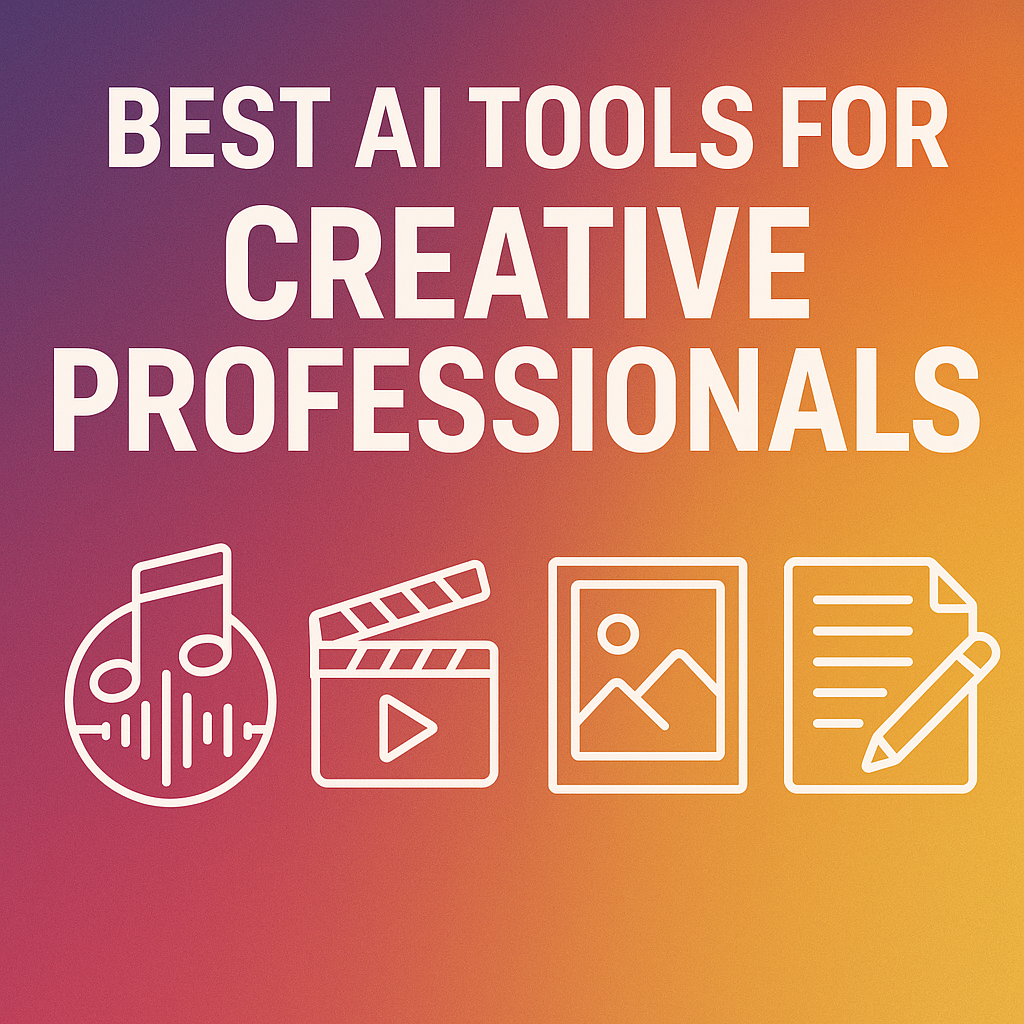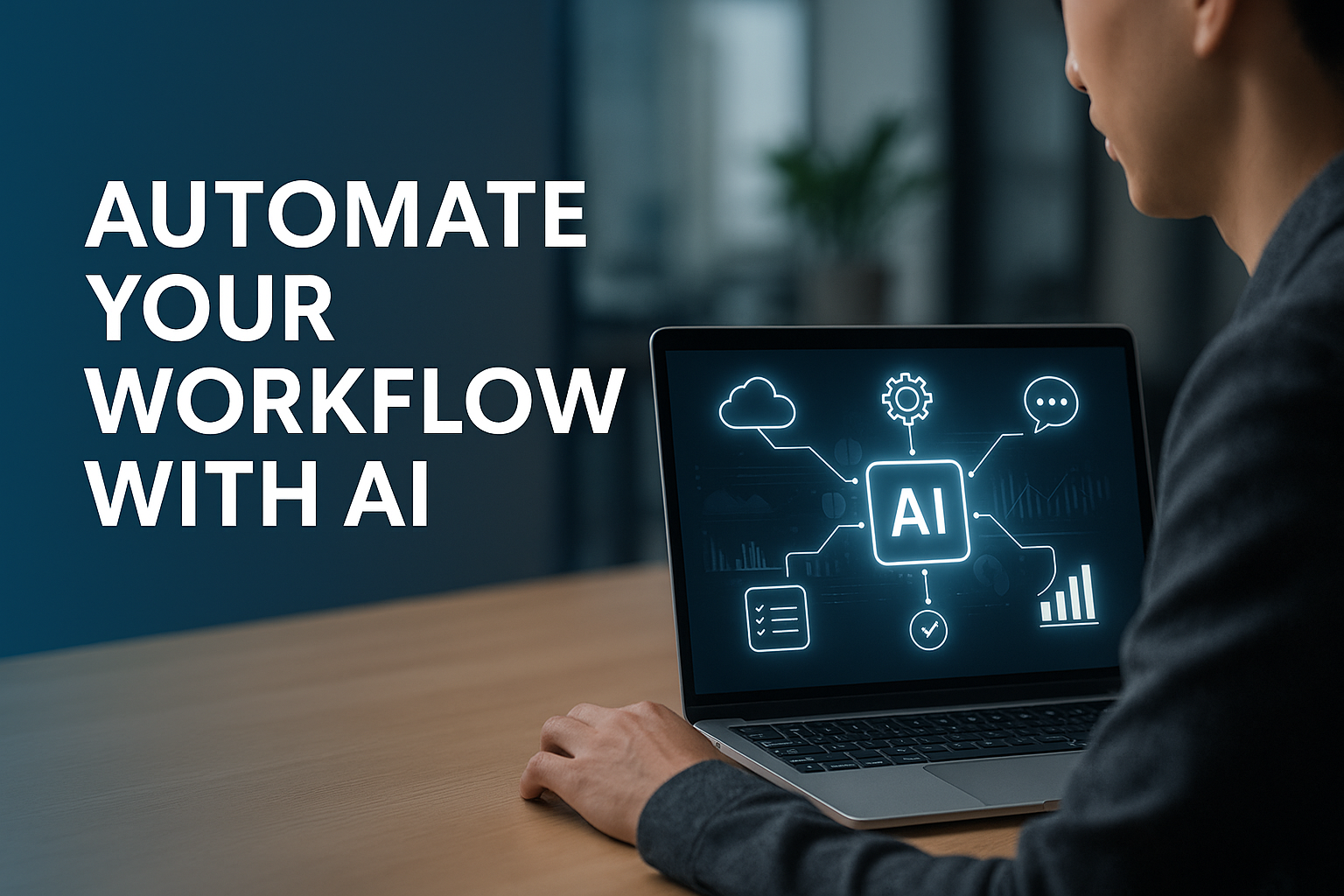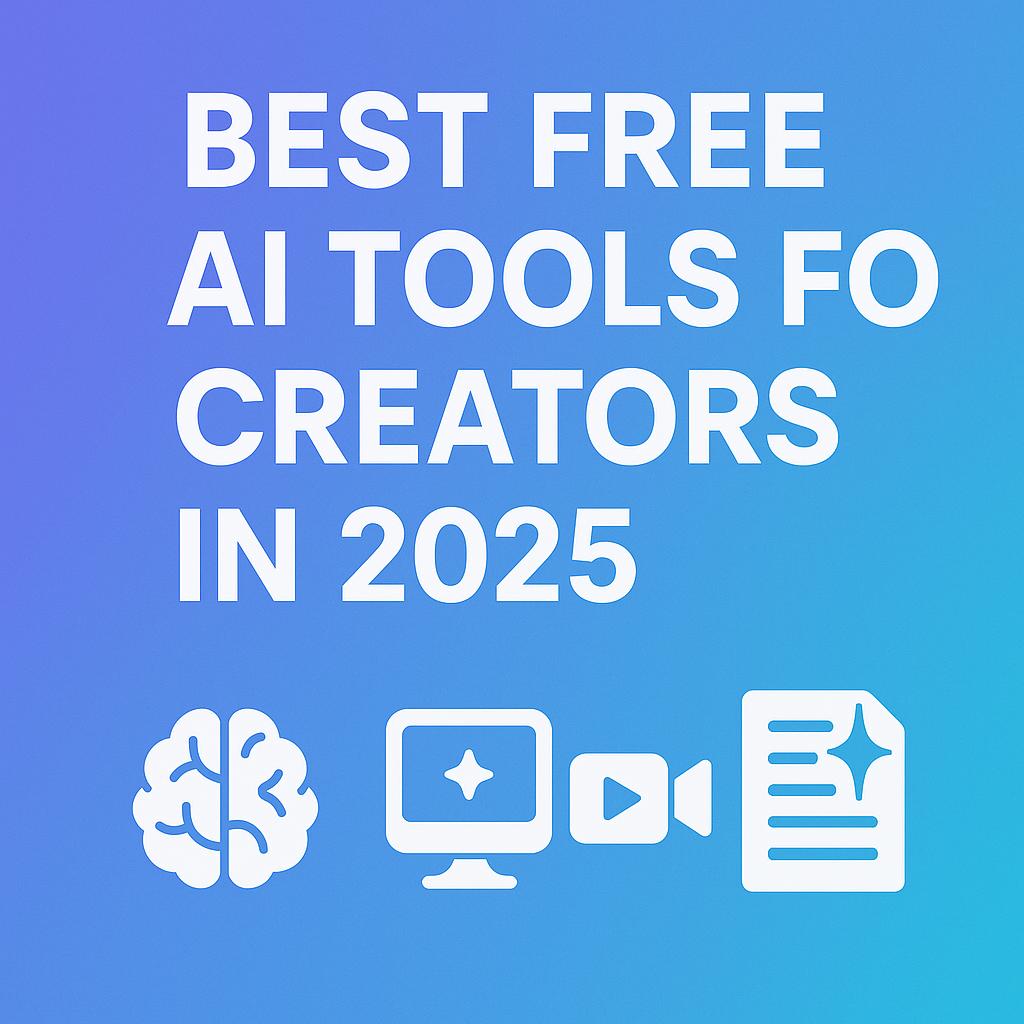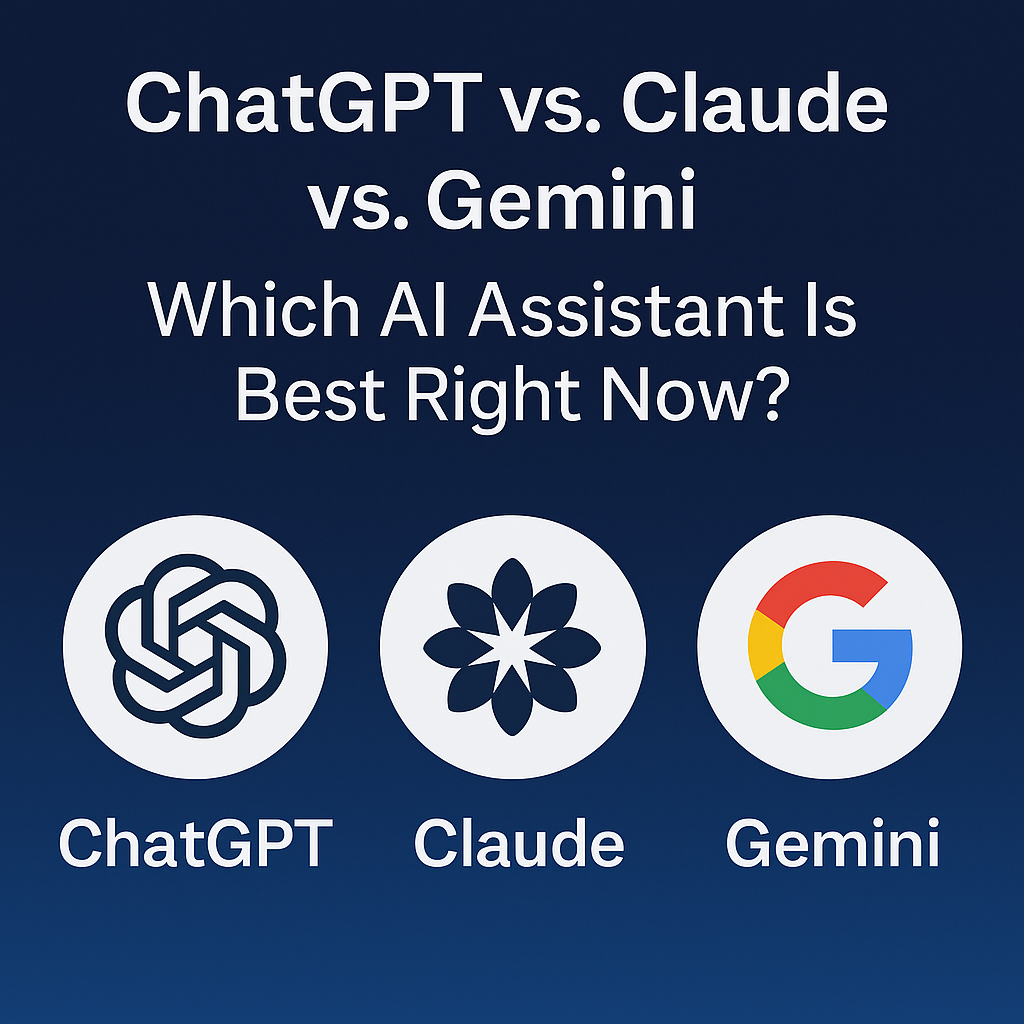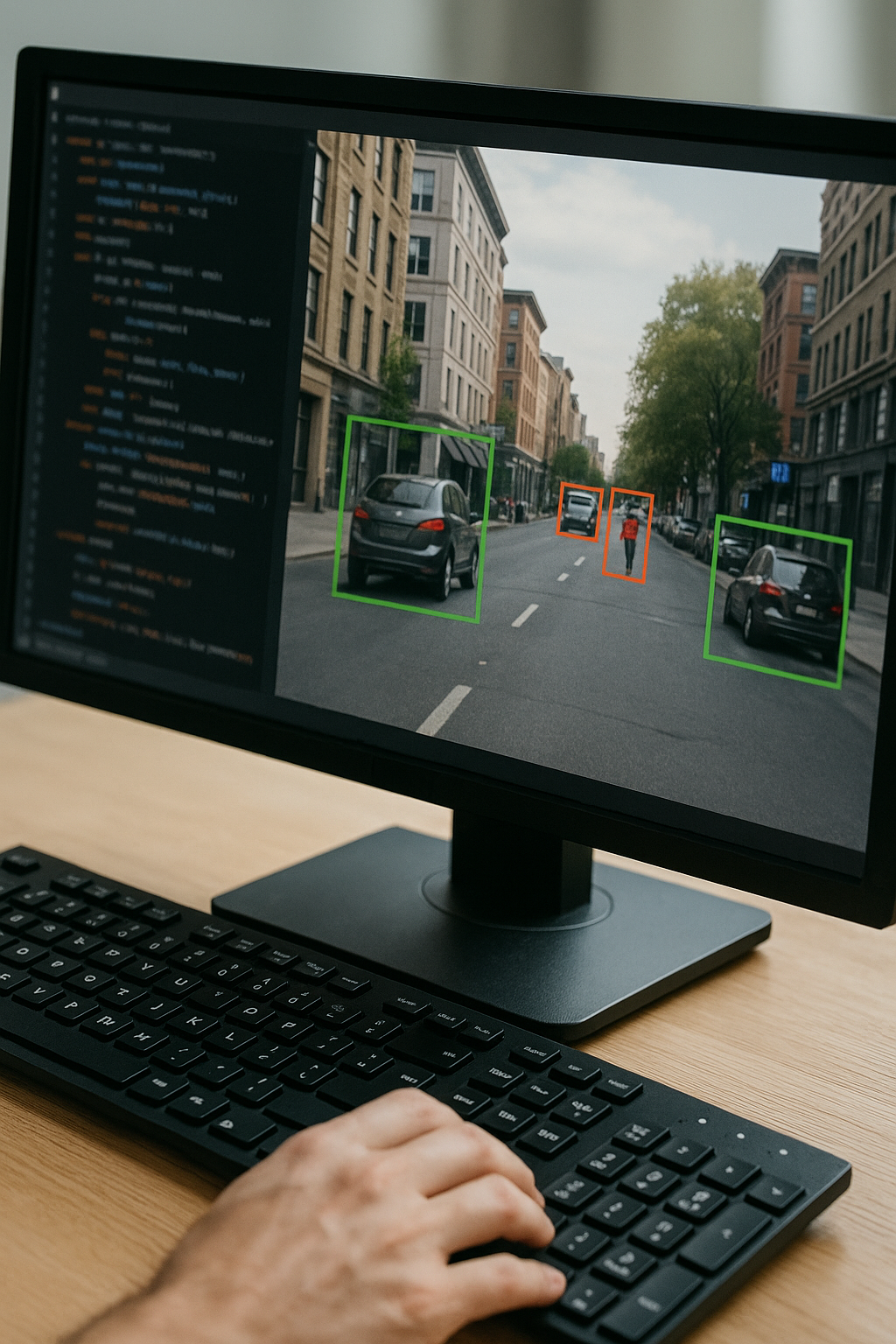The 7 Biggest AI News Stories of the Past Week
AI continues to dominate headlines
AI continues to dominate headlines, bringing revolutionary advancements and raising important questions across various industries. From groundbreaking technologies to ethical considerations, the past week offered a snapshot of AI's transformative impact on sectors like finance, healthcare, and consumer products.
Here’s a closer look at the seven most significant AI developments from the week, diving deeper into their implications and the future of AI.
1. Amazon Introduces AI Supercomputer and New Server with Proprietary Chips
Amazon Web Services (AWS) made waves this week with the announcement of its Ultracluster AI Supercomputer, which leverages its in-house Trainium chips to deliver unparalleled computing power. With completion expected by 2025, AWS is poised to compete directly with Nvidia, a dominant player in the AI hardware space.
Key Features:
- The Ultracluster integrates hundreds of thousands of Trainium chips, promising to accelerate AI model training for applications in natural language processing, image recognition, and more.
- Alongside this, the Ultraserver, equipped with 64 interconnected Trainium chips, achieves 83.2 petaflops of compute power, offering cost-effective solutions to enterprises.
Why It Matters:
- By reducing dependency on Nvidia GPUs, AWS aims to control costs and streamline operations.
- This development marks a significant step in democratizing AI access, as companies can now train large models at a fraction of the cost.
Implications: Amazon’s foray into proprietary AI hardware signals growing competition in the AI infrastructure market, with potential ripple effects on AI innovation and affordability.
2. OpenAI’s Bold Vision: 1 Billion Users and Proprietary Data Centers
OpenAI announced ambitious plans to grow its user base to 1 billion by 2025, a significant leap from its current 250 million weekly active users on ChatGPT. To support this expansion, the company intends to build its own data centers in the U.S. Midwest and Southwest.
Key Highlights:
- Proprietary data centers will improve OpenAI's efficiency, reduce reliance on external providers like Microsoft Azure, and address rising operational costs.
- OpenAI is also exploring new revenue streams, including API offerings and potential advertising models, although no ads are planned in the immediate future.
Challenges:
- Scaling to a billion users will require significant infrastructure investment.
- OpenAI must navigate concerns about privacy, data security, and maintaining its product's quality as it scales.
Implications: This move reflects OpenAI’s commitment to long-term growth and independence, setting the stage for intensified competition in AI platforms.
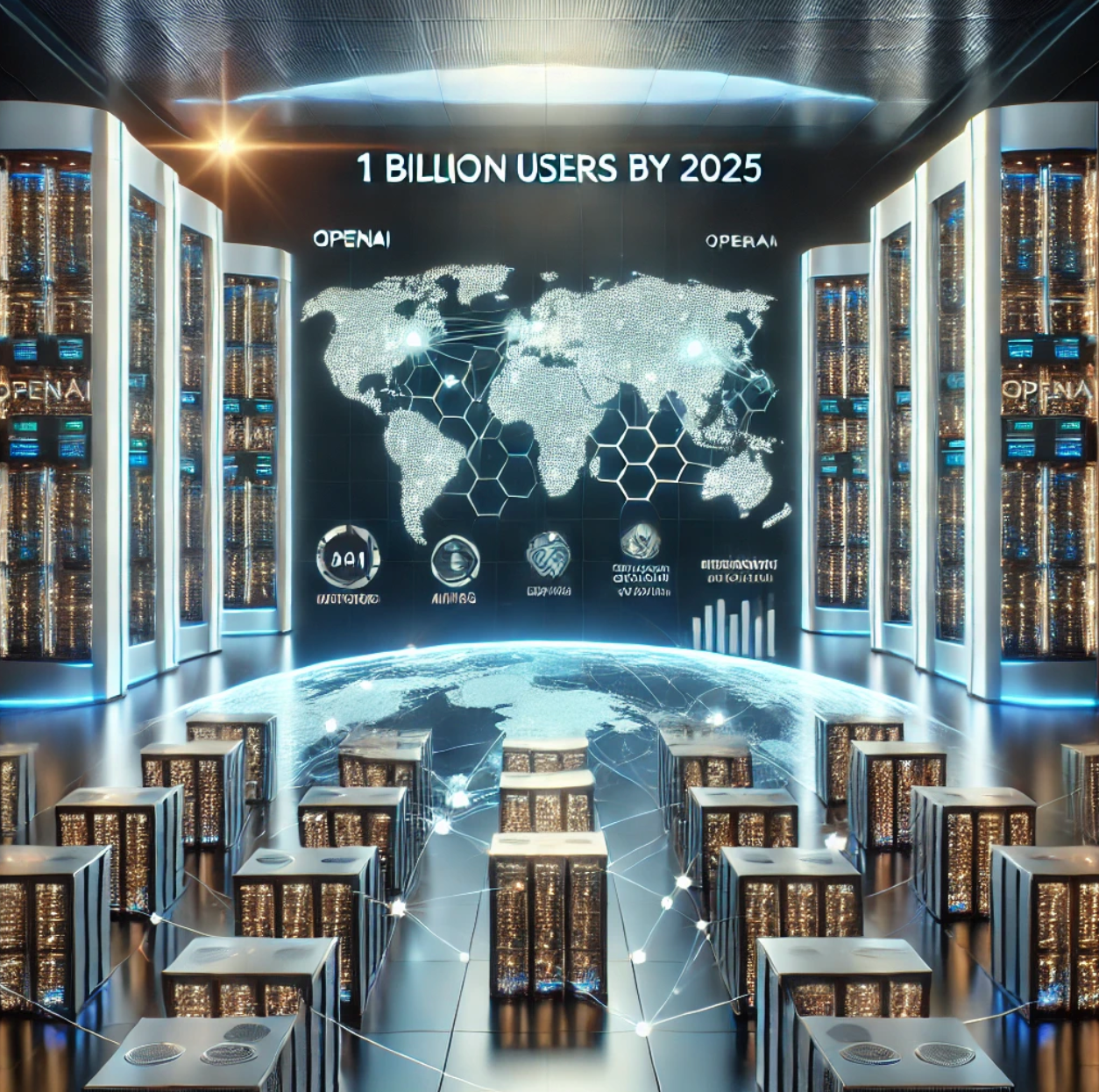
3. AI-Powered Human Washing Machine Debuts in Japan
In a development straight out of science fiction, Science Co., a Japanese company, has unveiled the Mirai Ningen Sentakuki—an AI-powered shower pod that automates the bathing process. First conceptualized in 1970, this futuristic device has finally become a reality.
How It Works:
- The pod uses high-speed water jets with 3-micrometer air bubbles to cleanse the body.
- Sensors embedded in the system collect biological metrics like skin health and body temperature to optimize the bathing experience.
- The AI system also provides calming visuals tailored to the user’s biometrics.
Future Plans:
- The shower pod will debut at Expo 2025 in Osaka, with plans for a home version in the coming years.
Implications: This innovation highlights the growing role of AI in everyday life, offering convenience and personalization in unexpected ways. It also raises questions about the balance between automation and traditional human activities.
4. OpenAI Explores Advertising for ChatGPT
OpenAI has started discussions about introducing advertising into its products, including ChatGPT. While no immediate changes are planned, the idea has sparked debate about the balance between monetization and user experience.
Key Considerations:
- OpenAI’s operating costs are substantial, with the company projected to incur a $5 billion loss this year.
- Advertising could provide a lucrative revenue stream, but it risks compromising the platform’s appeal, especially if ads disrupt the user experience.
Ethical Concerns:
- How will advertising affect the perceived neutrality of AI responses?
- Could targeted ads based on user interactions erode trust?
Implications: OpenAI faces a delicate balancing act as it seeks sustainable growth while maintaining its commitment to user-centric innovation.
5. Tesla’s Stock Surges After Full Self-Driving Software Update
Tesla released a major update to its Full Self-Driving (FSD) software, garnering praise from analysts and sparking a surge in its stock price.
What’s New in FSD Version 13:
- A complete overhaul of the software, reimplementing every aspect of end-to-end driving.
- Significant improvements in accuracy and safety, potentially accelerating regulatory approval for wider use.
Market Reaction:
- Analysts raised Tesla’s stock price targets, anticipating faster adoption of its autonomous driving technology.
- The update strengthens Tesla’s leadership in the AI-driven automotive sector.
Implications: Tesla’s advancements in autonomous driving could reshape the transportation industry, bringing us closer to a future of fully automated vehicles.
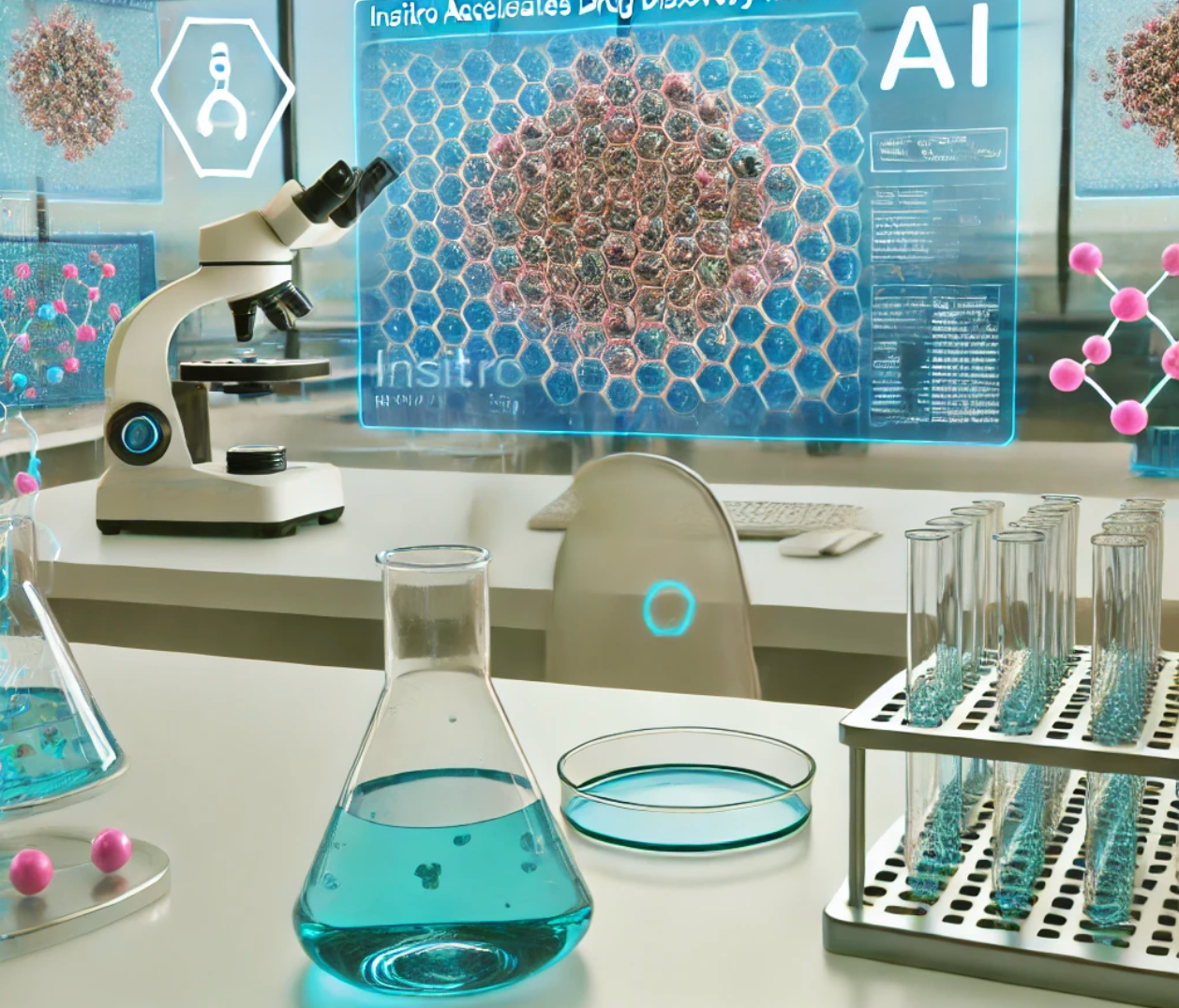
6. Insitro Accelerates Drug Discovery with AI
Biotechnology company Insitro is leveraging machine learning to revolutionize drug discovery, making the process faster, cheaper, and more precise.
How It Works:
- Insitro analyzes vast datasets of chemical and biological markers to identify potential drug candidates.
- AI models predict how specific compounds will interact with diseases, reducing the need for trial-and-error testing.
Collaborations:
- Partnerships with pharmaceutical giants like Eli Lilly and Bristol Myers Squibb highlight the growing trust in AI’s role in healthcare innovation.
Implications: AI-driven drug discovery could lead to faster cures for diseases and personalized treatments, transforming healthcare delivery.
7. Commonwealth Bank of Australia Invests in AI for Efficiency
The Commonwealth Bank of Australia (CBA) announced significant investments in AI to enhance its operations, improve customer service, and mitigate financial risks.
Key Achievements:
- AI tools have reduced call center wait times by 40%.
- Scam losses have been halved through improved fraud detection.
Strategic Goals:
- Automating repetitive tasks to increase productivity.
- Integrating AI systems across all departments to stay competitive in the rapidly evolving financial sector.
Implications: CBA’s proactive approach to AI adoption serves as a model for other financial institutions looking to leverage technology for operational excellence.
The Big Picture: AI’s Expanding Role
These stories highlight the diverse applications of AI, from reshaping industries like healthcare and finance to introducing futuristic consumer products. As AI becomes more integrated into our daily lives, its potential for innovation—and the challenges it brings—will only grow.
Stay Ahead in the AI Revolution
Want to keep up with the latest breakthroughs in artificial intelligence? Sign up for our newsletter to receive in-depth analyses, expert insights, and exclusive updates on the world of AI. Don’t miss out—join our community and stay informed about the technologies shaping our future!
Sign Up For Our Weekly Newsletter and Get Your FREE Ebook " AI For Everyone - Learn the Basics and Embrace the Future"



